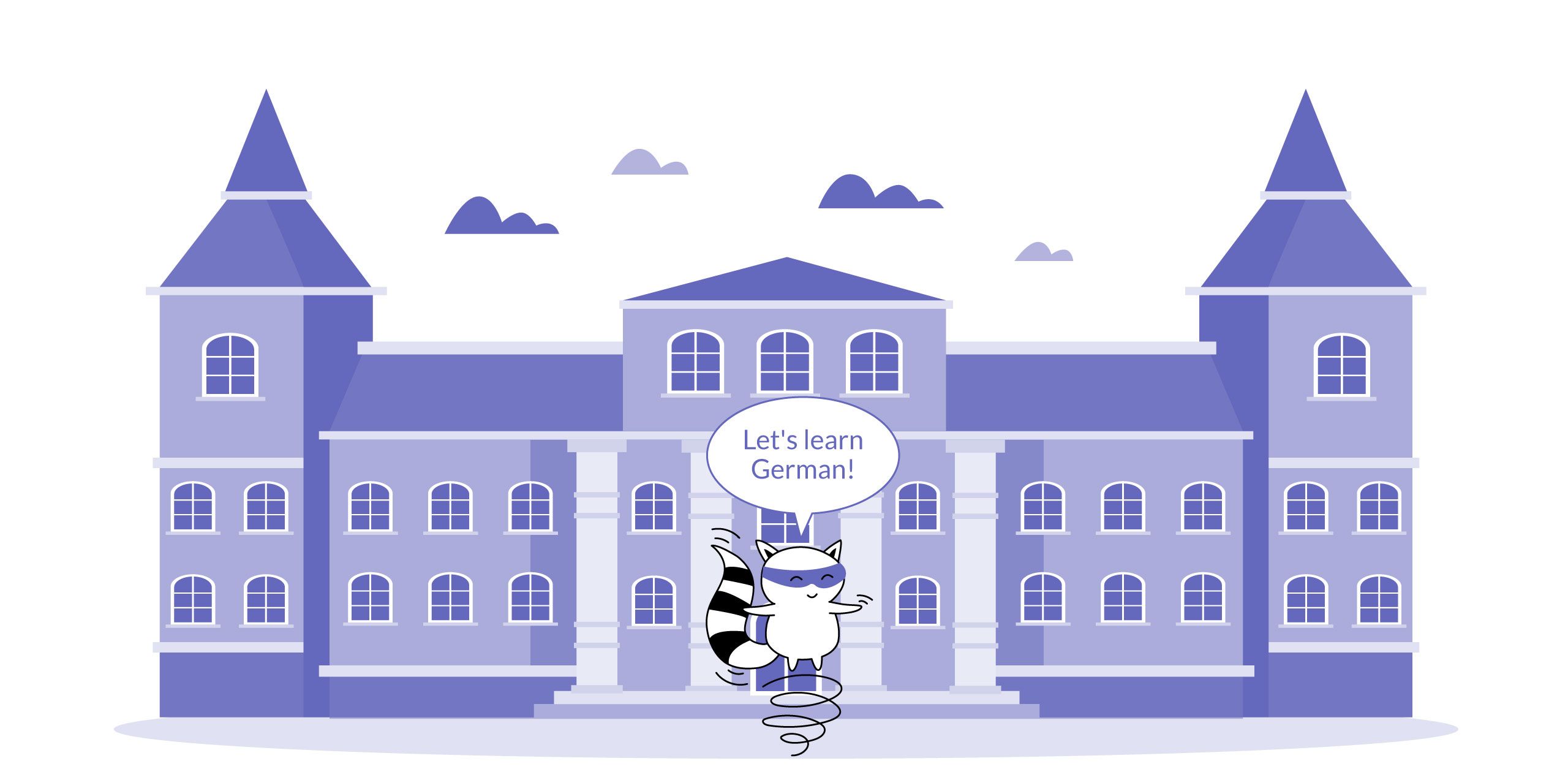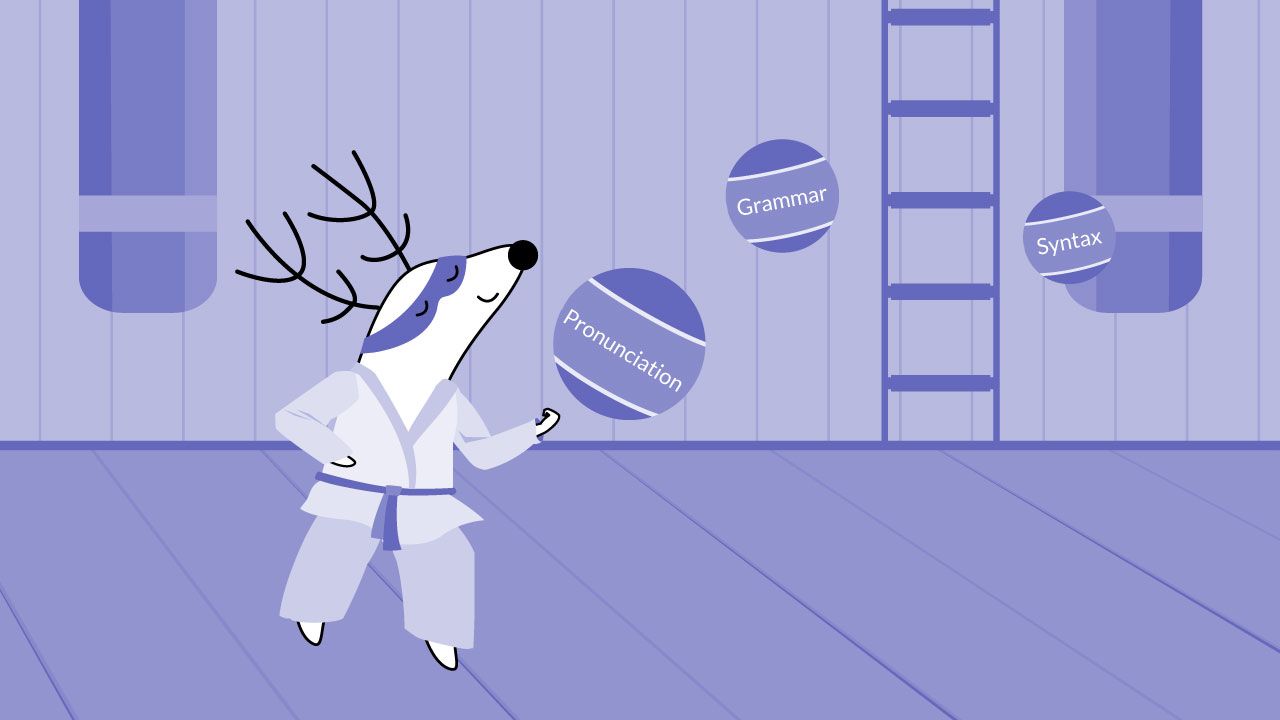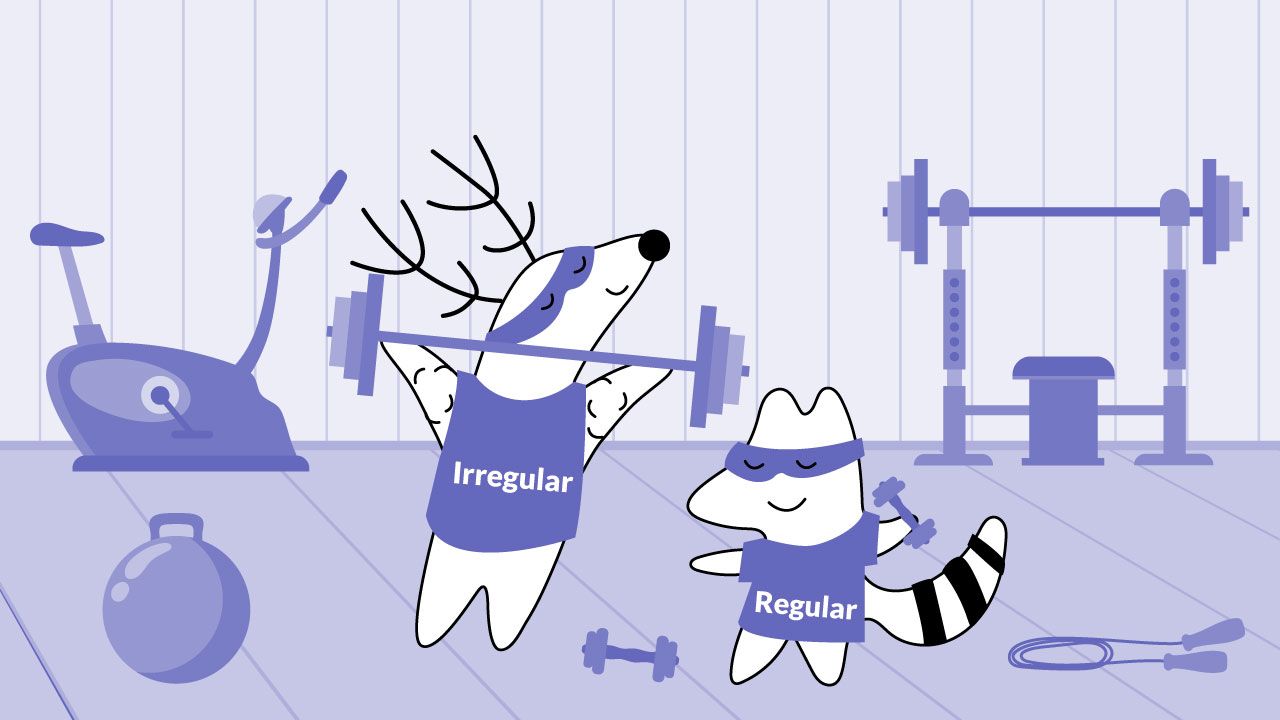
German is a language that might sound rough in comparison to other languages. It has long words, unique sounds, and a multitude of consonants that can combine in confusing ways. Nevertheless, learning it as a foreign language can be enlightening.
Instead of being known for its melodies, the German language is well-known for its ability to express itself precisely. There is a word for everything in German.
So, if you like expressing yourself in a particular way, starting German lessons online or in a German course is a good choice. There are numerous opportunities available to assist you in learning a foreign language.
German can be a complex language to learn, especially for beginners. There are many grammar rules that even native German speakers struggle with at times, and it takes some time to become accustomed to the pronunciation or sentence structure. Nevertheless, with the proper instruction, you can learn German through any language-learning method. Let us give you just that.

Learn German with Langster
What to Know About German Grammar?
With just a few basic German lessons, you can already hold small conversations in German without knowing much about German grammar. After all, when visiting Germany for the first time, a few example sentences can already be helpful. But if you want to master the language, you should dig deeper into German grammar rules.
In your first German lessons, you will learn about verbs and their conjugation, just as you would in any other language. You should be aware of weak and strong verbs in German to understand the language's irregularities.
German Verbs
Most of the German verbs follow the same system for conjugation in different tenses. In German, those regular verbs are called weak verbs.
Apart from them, you have strong verbs - for example, German modal verbs. They change irregularly when conjugated. Examples are the verbs "können" (can) or "wollen" (want).
When it comes to the strong verbs, you have to memorize the conjugation of each of them when learning the German language. Fortunately, applications like the Langster app can help you with that.

German Nouns
After learning some German verbs, you will start to build sentences in German. Even though the basic German syntax structure subject-object-verb seems simple to understand initially, the German case system that comes along with it can be a bit more intimidating.
You can look at our previous post about the German case system to get a deeper understanding of this grammar. For now, it is enough to know that the German nouns have a specific role in the sentence that influences the relations of all sentence parts.
A German noun can be a subject or an object. When the noun is an object, it can stand in three different grammar cases, known as Genitiv, Dativ, and Akkusativ. Depending on the case, the noun changes as well as other parts of the sentence related to the noun, such as personal pronouns or articles.
That is why for a beginner, German can seem quite complicated at first, as the words change with the grammar cases as well as with gender and number. The German language has three different grammatical genders - masculine, feminine, and neuter.

An Introduction to the German Pronunciation
Another part of the German language you will discover in your first German lessons is pronunciation. As mentioned before, the German language sounds pretty rough to most people because of the number of consonants that can be combined in one word.
It is important to listen to German native speakers to learn German pronunciation. Even watching your favorite series in the German-speaking version with subtitles can help to improve your pronunciation and other important language skills.
Furthermore, saying German phrases and words out loud repeatedly is part of the language learning process - and is always a part of German courses.
In the beginning, speaking German will feel strange, but the sounds will become more natural with time and your speaking skills will improve.
The Hardest Letters and Letter-Combinations
The German alphabet is quite similar to the English alphabet as both are Germanic languages. The three sounds ä, ö, ü, known as "Umlaute," make up the most significant differences.
There is also the letter ß, which you can imagine like a double s. You can find it still in German words, but it is slowly falling out of fashion in the written German language.
There is a trick that helps you imagine how a native German speaker would pronounce the three exceptional vocals:
German
English
ä
For the ä, imagine saying a forming an e with your mouth.
ö
For the ö, imagine saying o forming an e with your mouth.
ü
For the ü, imagine saying u forming an i with your mouth.

What makes most German words sound complicated is mainly the combination of consonants in one word. There are some common combinations that you will see in German words repeatedly.
You will find sch-, str-, or spr-, or even four-letter-combinations like tsch- in German words. Instead of trying to pronounce each consonant, it is easier to listen to the entire sound said by a German native speaker and imitate the sound.
Different Ways to Learn German
Keeping up the motivation is easier with a German course or a German learning application. The frequent repetition of German sentences and words, as well as having a systematic look at the grammar rules helps beginners learn German.
There are different ways to receive German lessons. You can sign up for a German course with a private tutor or take online lessons. These are especially helpful if you’re a complete beginner in German.
If you have more experience learning a new language and like studying by yourself at your own pace, you can work with the support of a language learning application. There are numerous iPhone and Android apps for learning German; our favorite is the Langster app.
Final Thoughts
Hopefully, this post gave you a better understanding of what you have to expect when you decide to start learning the German language. English speakers will have more facilities with grammar and pronunciation as German and English are both Germanic languages and pretty similar in several ways.
Nevertheless, don't hesitate to learn German even if your mother tongue is a non-Germanic language. With the proper support and frequent practice, you will have basic beginner German knowledge soon and be able to fully enjoy your language learning journey. Good luck!








